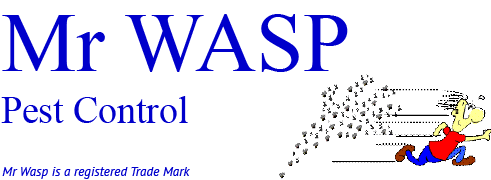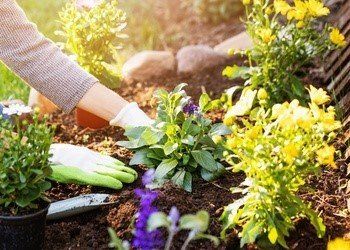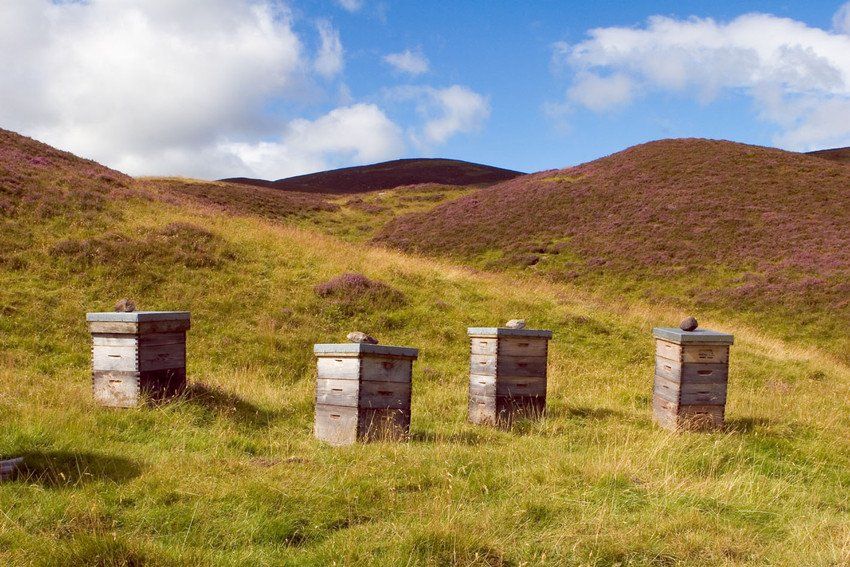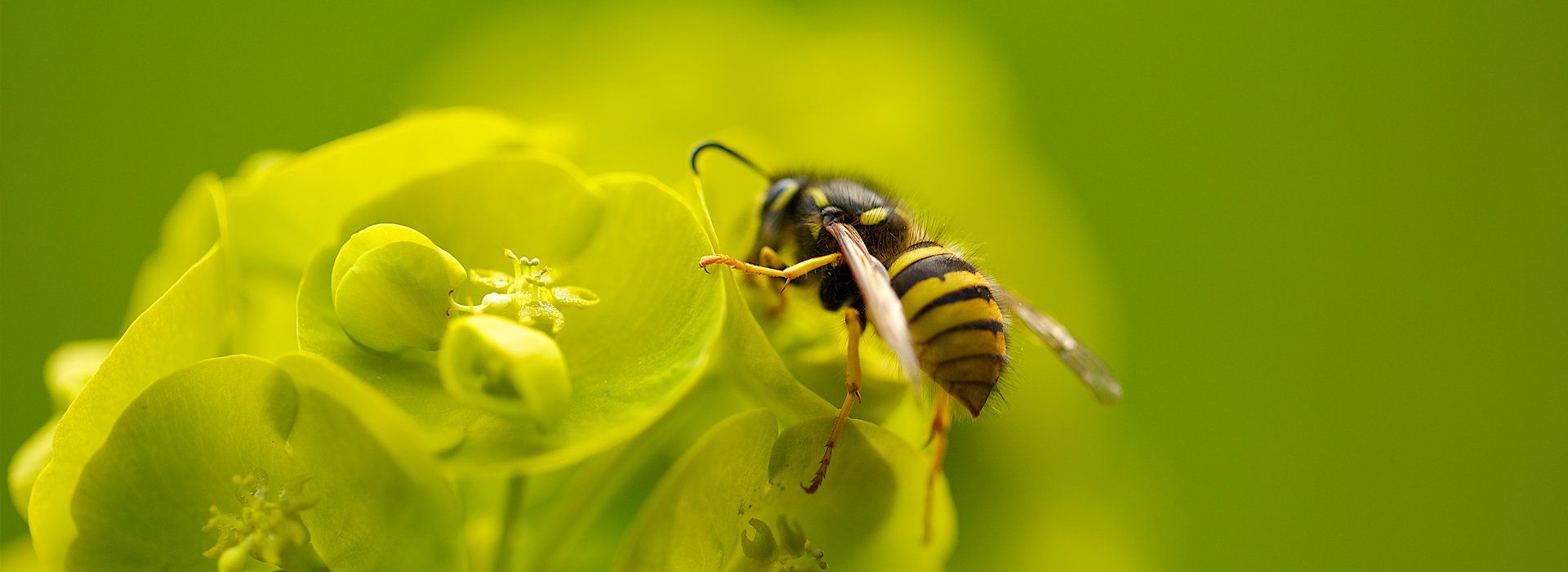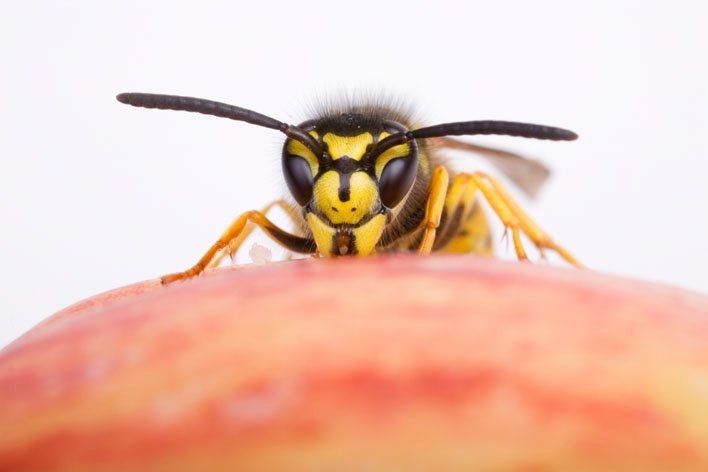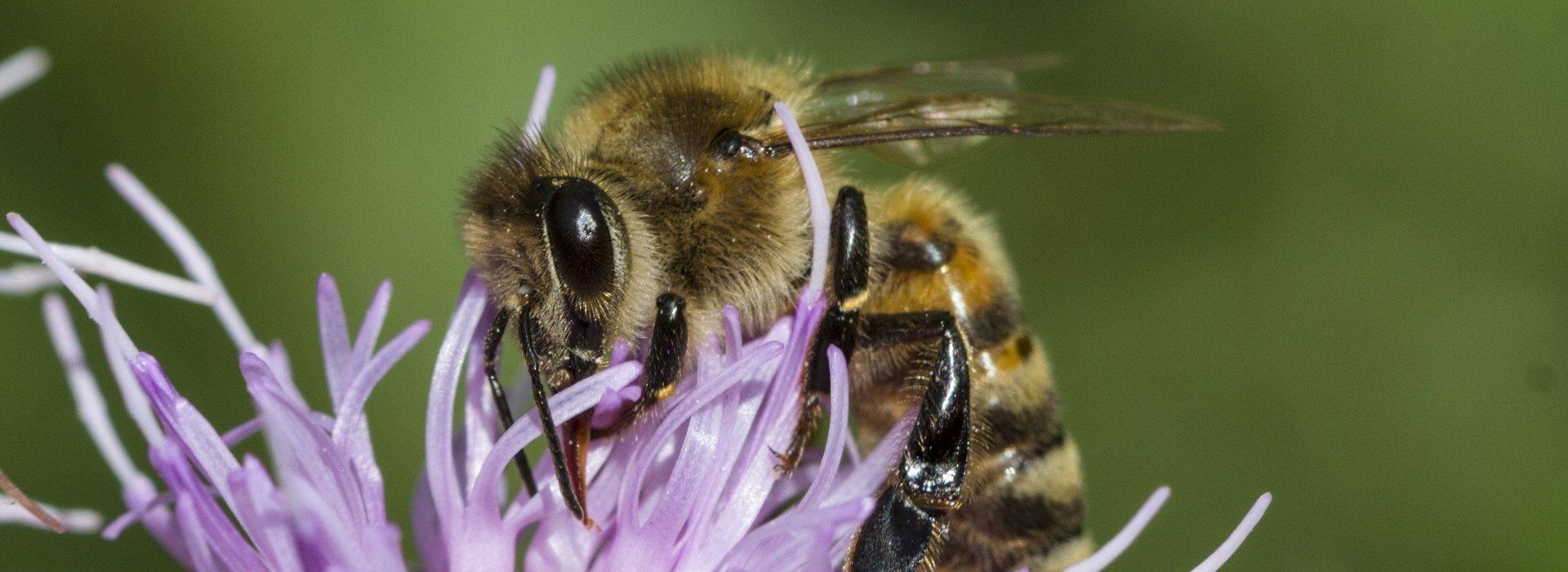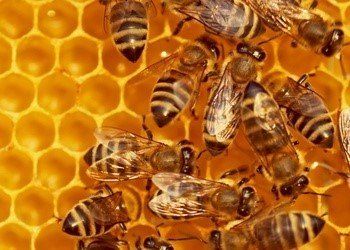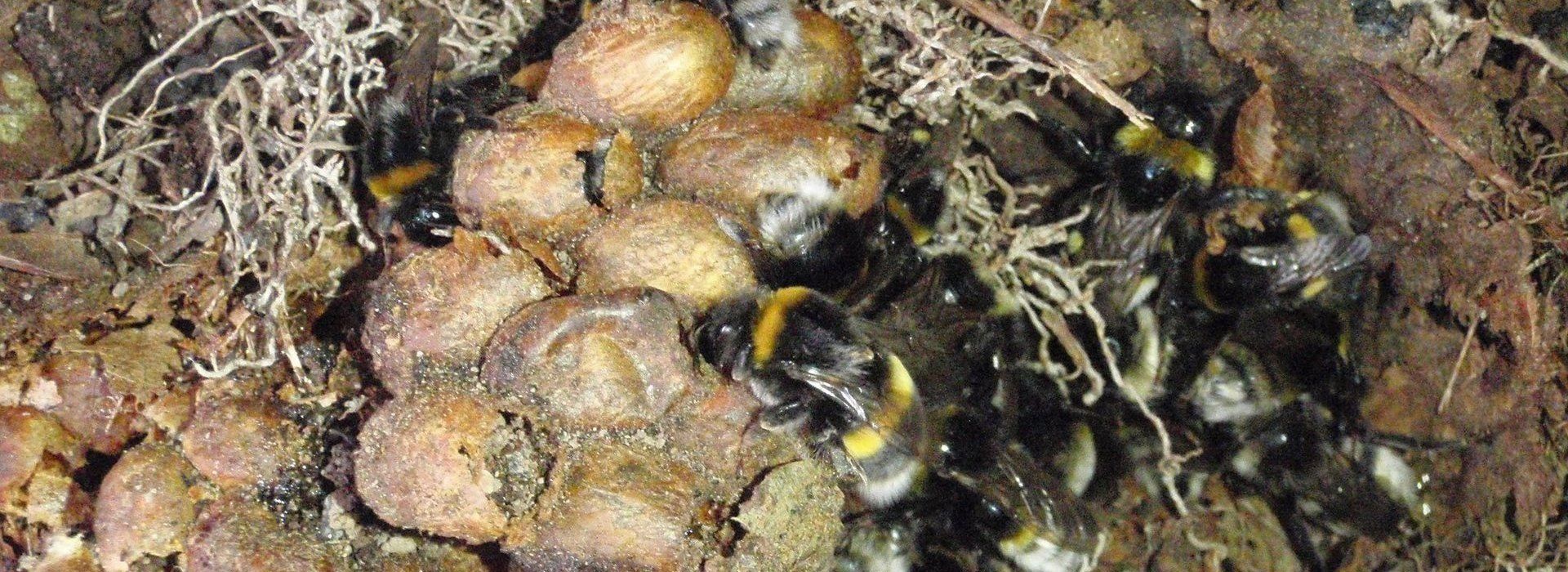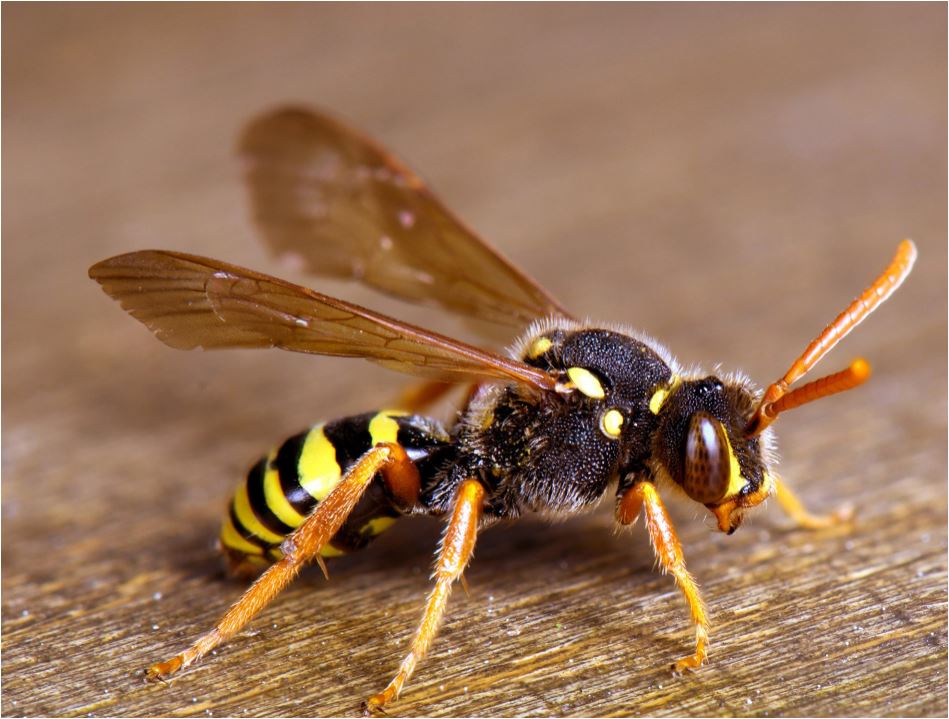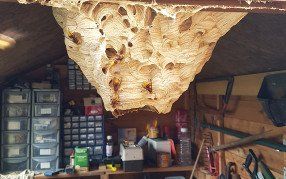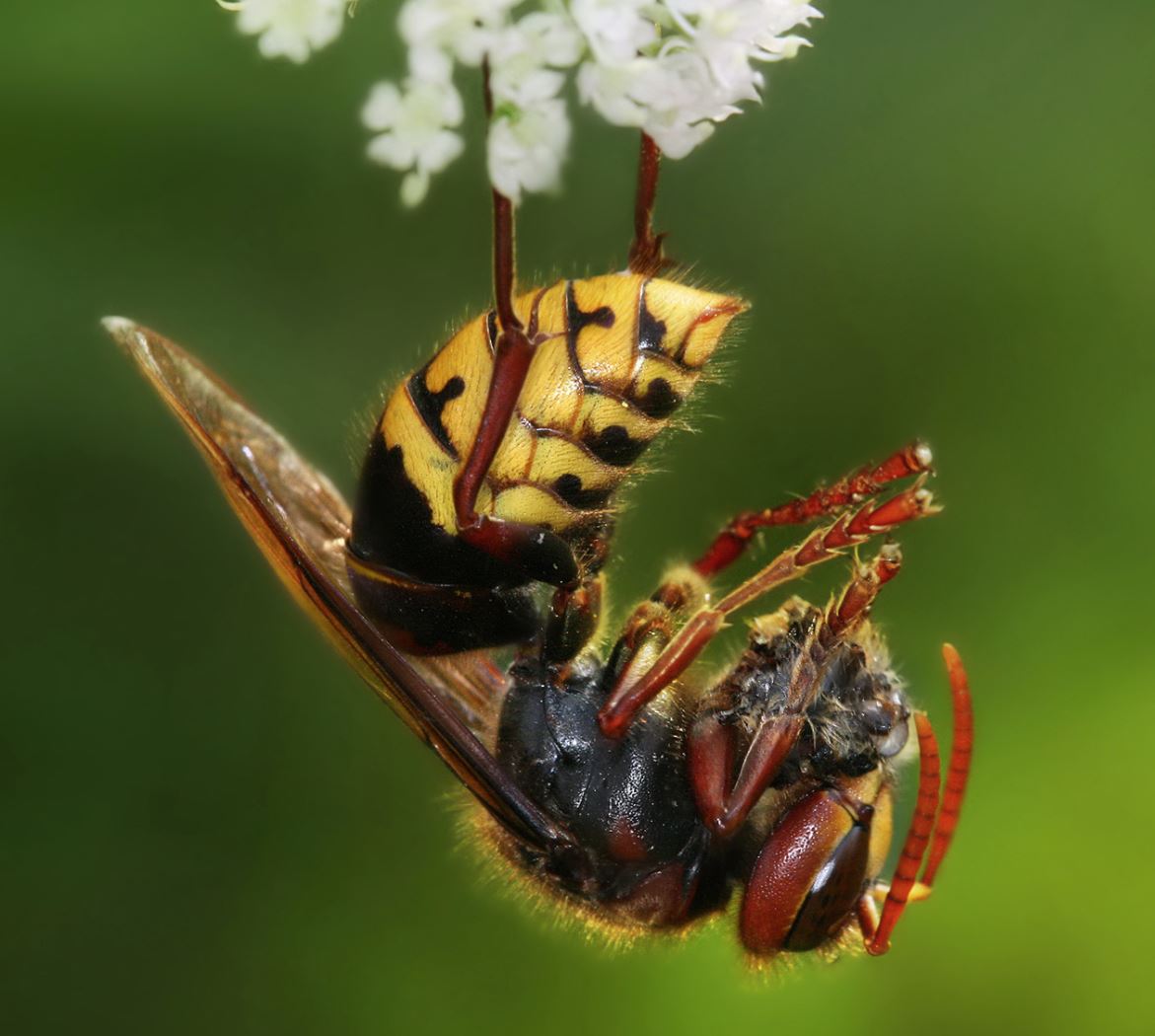Ways to Make Your Garden More Wildlife Friendly
When you think of what a natural habitat for insects and wildlife is like, many people will immediately think of the countryside. However, our gardens can also provide the perfect environment for nature - especially those which are pesticide-free. You’ve probably heard the phrase ‘concrete jungle’, and with housing and hi-rise buildings finding their way into even rural areas, wildlife is becoming increasingly in danger of losing their homes.
It’s more important than ever to make your garden wildlife friendly. Luckily, this blog can help you do just that with some useful tips on how you can make your garden the perfect place for insects and small creatures to survive.
Why not let a small patch of your garden grow wild and create the perfect place for insects to thrive? Not all of your lawn needs to be in perfect stripes, leave your lawnmower in the shed and let the area grow as it pleases. This will make space for natural plants to grow, which make great homes and food sources for butterflies, bees and many other insects. These areas will soon be home to a diverse range of creatures, and for families with children, this segment of the garden will help them learn and wildlife and the environment.
You can have a neat and tidy garden, and still make it the perfect environment for wildlife. When planting your borders make sure you grow a range of different plants to ensure it’s friendly for all creatures. When choosing your plants it’s important to pick those that are true to species, instead of those bred for human aesthetics as this is often done at the expense of nectar and pollen. Not only will this make your garden look colourful and full of texture, but you can enjoy the smell as well as the creatures they attract.
Pesticides and other gardening chemicals are used as a way of warding off bugs and insects that eat plants and flowers. However, in the long run, this can have a devastating effect on a number of species as well as posing a threat to human health if these chemicals end up in water sources. Bees, for example, are currently facing extinction, with pesticides being one of the main contributors to a drop in numbers. Instead, swap nasty pesticides for a natural remedy that will cause less harm to creatures and the environment.
Mr Wasp is the professional pest control company based across Cardiff and South Wales. From bees to hornets we have the expertise to remove these pests in the safest way possible, even in the hardest to reach places. For more information about our previous work, take a look at our case studies and get in touch today.
